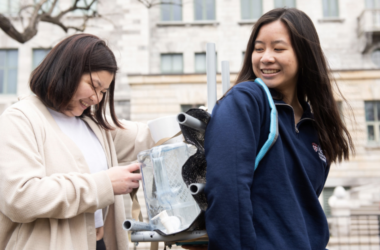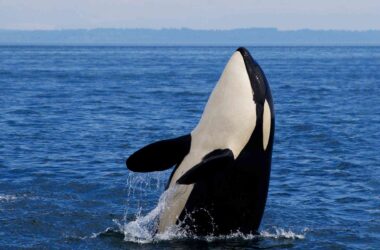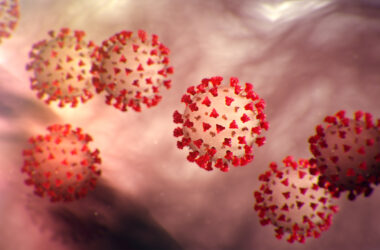Every day, more than 800 million people globally travel 30 minutes or more to access clean drinking water. Although access to clean water has improved since 2000, a lack of sanitation and sewage infrastructure, water treatment plants, and environmental factors like droughts mean that one in three people—especially those in[Read More…]
Science & Technology
The latest in science and technology.
The secrets beneath our skin
Skincare is a focal point in the beauty and wellness industry. One cannot scroll through TikTok or Instagram without seeing Reels promoting various skincare products and regimens. The importance of proper skin health, however, goes deeper than beauty. From 2008 to 2018, there has been a 44 per cent global[Read More…]
Mapping concussion symptoms in the brain
Concussions affect more than 200,000 Canadians each year, but, despite the injury’s prevalence, patients with the same symptoms often respond to the same treatment differently. This is why some children and adolescents who suffer concussions recover in a few weeks, while others may suffer symptoms lasting several months or even[Read More…]
McGill study finds anti-inflammatory drugs may lead to chronic pain
Pain is one of the most common reasons why people seek medical attention. The most popular medications people reach for when experiencing pain are anti-inflammatory drugs, such as ibuprofen—also known as Advil. But according to a new study led by Dr. Luda Diatchenko, a renowned pain researcher and professor of[Read More…]
A killer menu: How climate change is modifying orca diets
If you’re thinking of going killer whale watching this summer, you might have a harder time than usual catching a glimpse of those famous black-and-white tail flips. Climate change is driving killer whales north, further into the Arctic Circle, triggering a cascade of disturbances within the Arctic marine ecosystem. Scientists,[Read More…]
War: The enemy of air, land, and sea
On Feb. 24, Russian troops launched an illegal invasion of Ukraine that rapidly escalated into full-blown war. On televisions and on the front pages of newspapers, the world watched as families were split apart on crowded train platforms and cities were leveled by bomb blasts. Ukrainian civilians faced the harrowing[Read More…]
Tannic acid might help develop a drug to treat COVID-19
Although most of us would like to forget about the pandemic as Canada eases its restrictions yet again, the threat of COVID-19 overwhelming the health-care system is still present as the country enters a sixth wave. A team of researchers from McGill, Institut national de la recherche scientifique (INRS), Université[Read More…]
New vaccine could lead to the elimination of deadly parasite
Prevalent in habitats ranging from rainforests in Central and South America to deserts in the Middle East and Africa, a devastating protozoan parasite carried by tiny flies infects over a million people each year. This parasite, which belongs to the Leishmania genus, enters the body through the bite of an[Read More…]
From bioink to cryogenics: The rapid acceleration of 3D printing technology
A nozzle squeezes out a stream of molten plastic, ceramic, steel or even cells—layers and layers of which stack up, one after the other. Every layer laid down must wait for the last to dry before the next is begun. Patience is a virtue, and these machines are virtuous. 3D[Read More…]
Student Research: How the tickle of a feather guides bird flight
Flying is fundamental to the survival of birds. It’s how they migrate, find food, mate, and escape predators. Along with its benefits, flight comes with unique risks as well: One wrong maneuver and a bird could plummet out of control. So, how exactly do birds become the masters of flight[Read More…]















